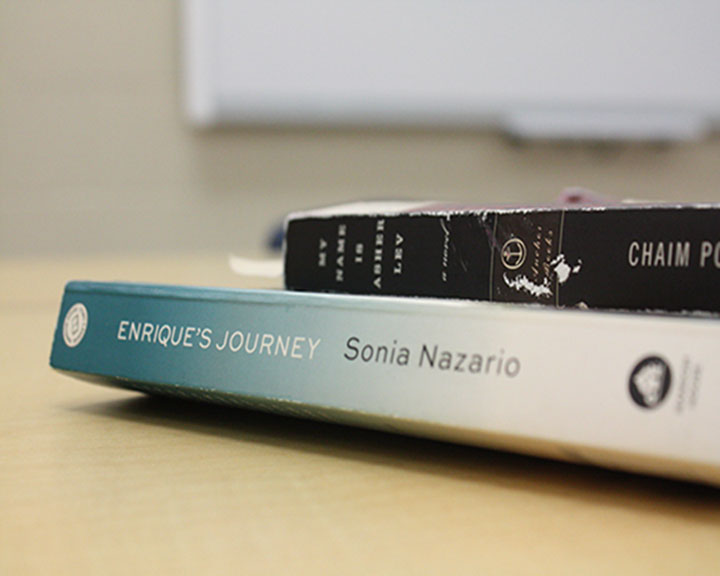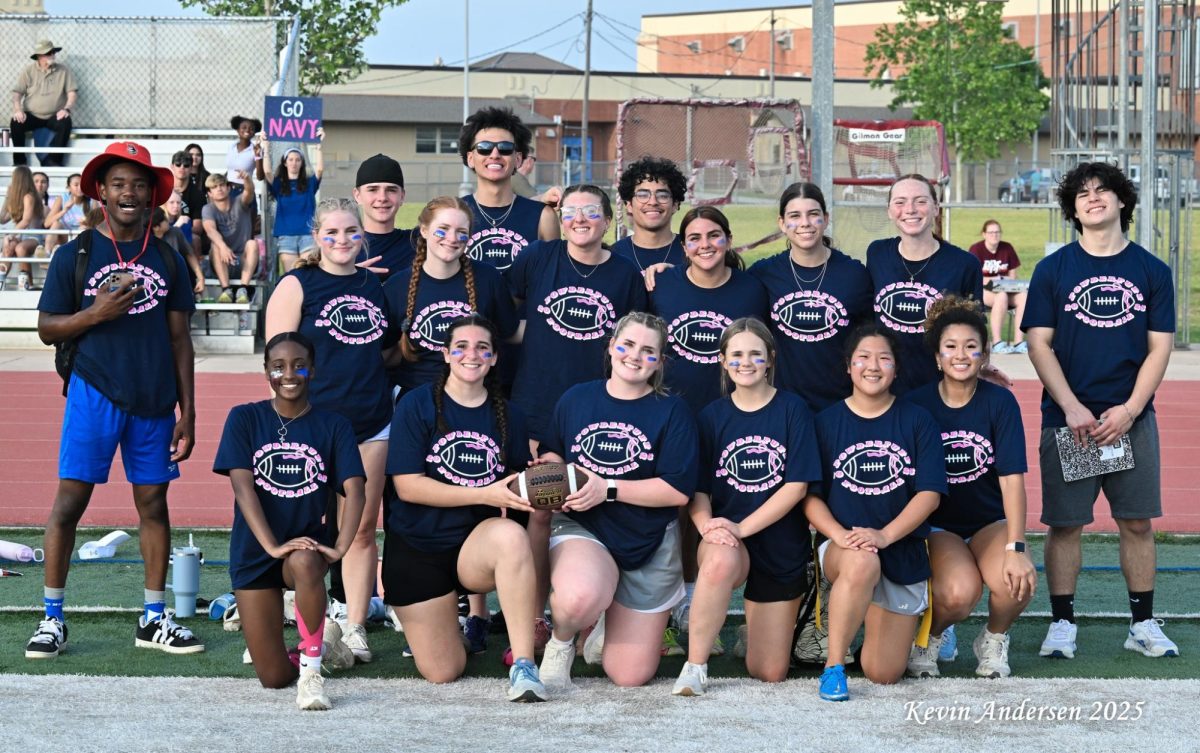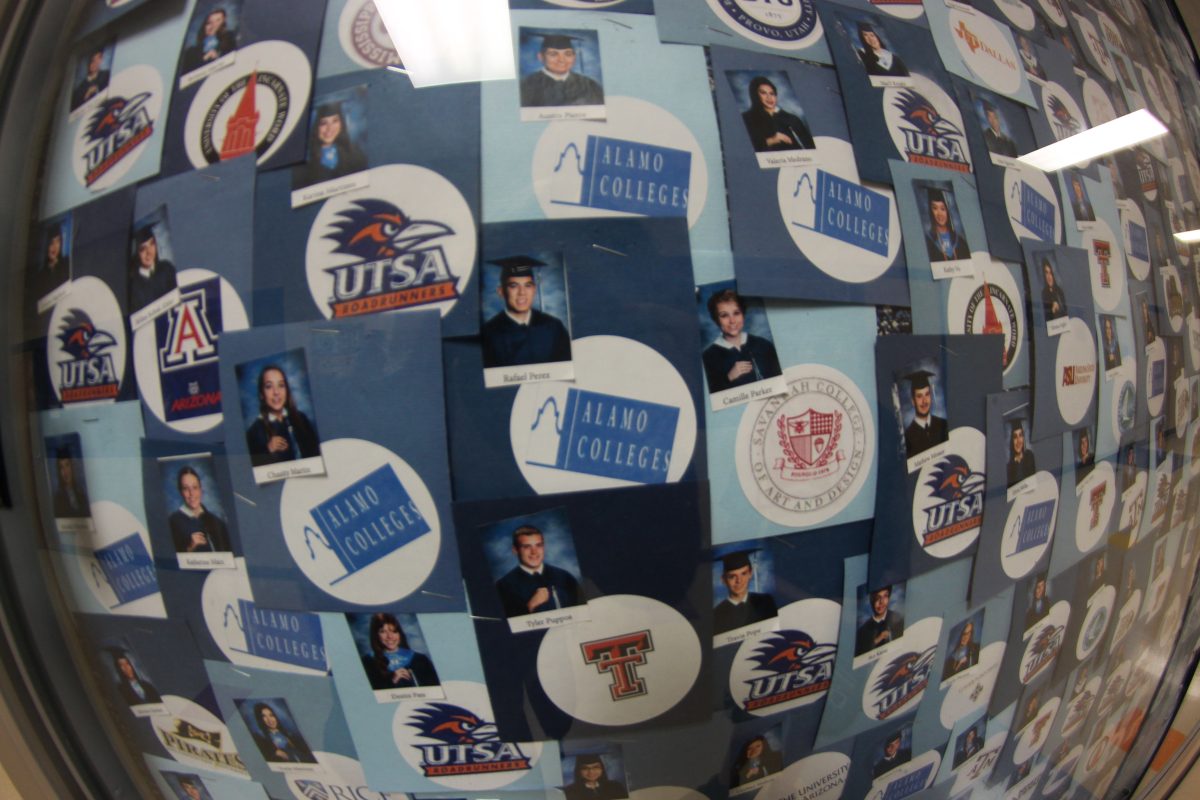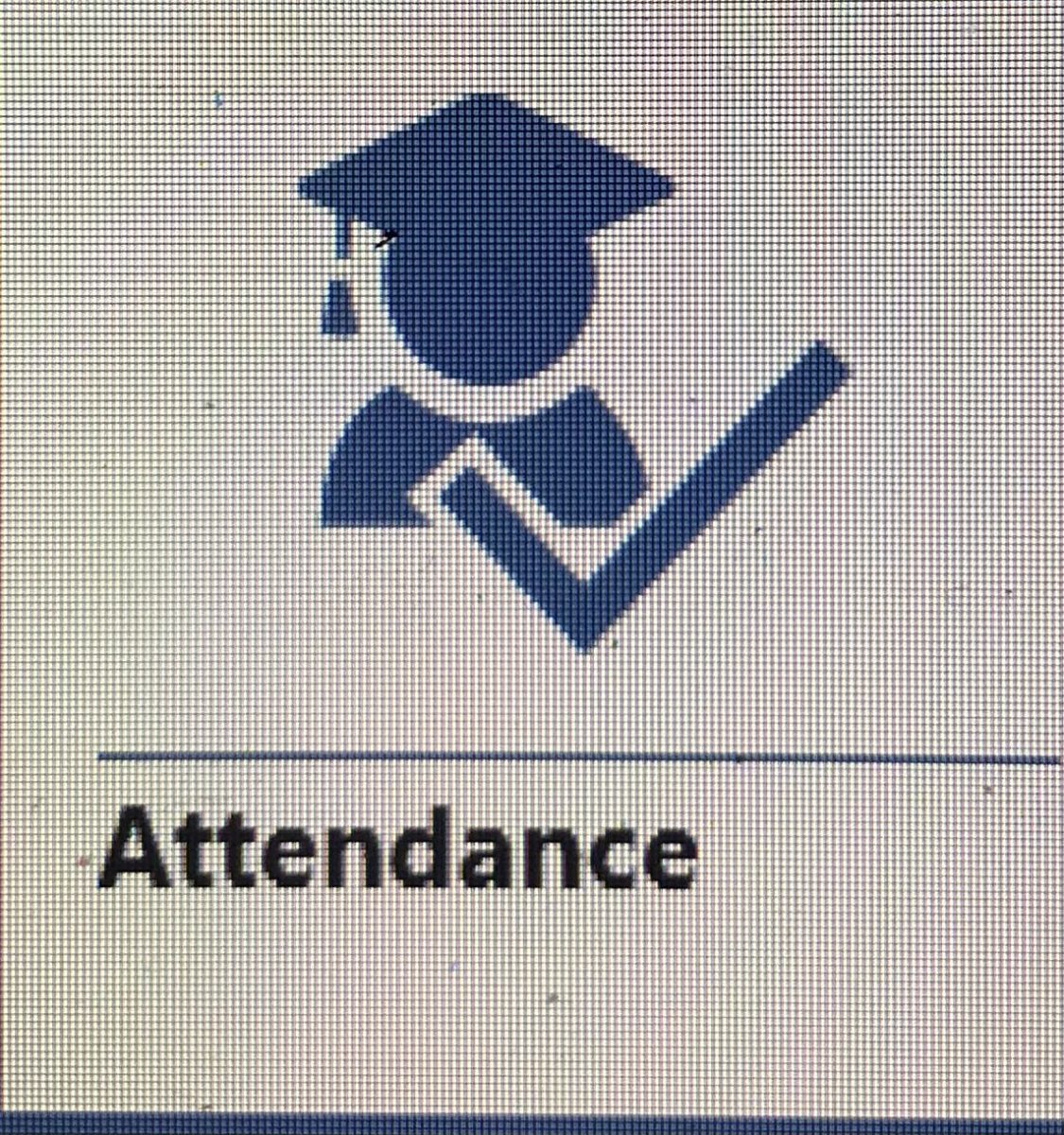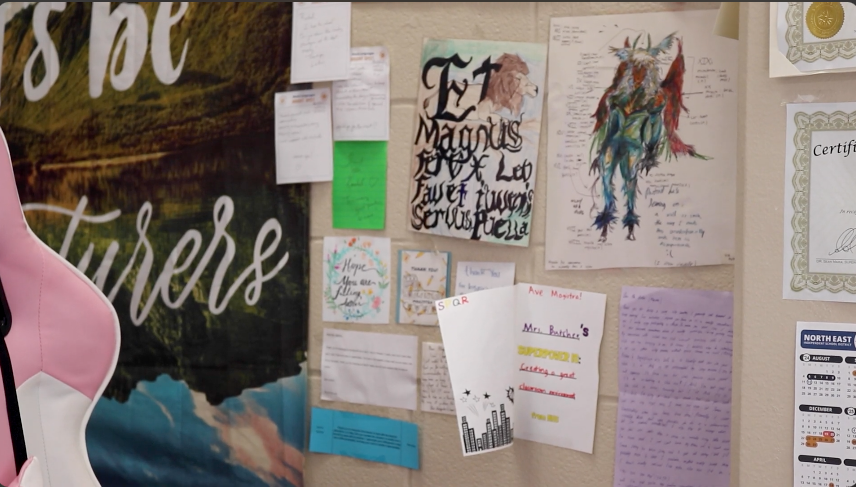by Courtney Smith | staff writer
The morning of the first day of school, she hurriedly packs her backpack, only to find, under stacks of new clothes and school supplies, her summer reading book, newly purchased and untouched.
“I don’t like summer reading. I just think it’s dumb. It wastes my time. Summer break- it’s a break for a reason,” sophomore Sydney Allison said.
The assignments and books are both chosen by the district, but each grade level is assigned a different book and homework that go along with the selection. For students in GT English II, Lord of the Flies was their summer homework.
“Um…it got good…at the end,” Allison said. “I read half of it over the summer. When she said ‘quiz on thursday’ I started reading it.”
While procrastinating is a common trend among students for this summer assignment, their reasons for putting it aside are unique.
“Well, in the summer, I was reading a different book,” sophomore Mia Welch said. “I was reading ‘The Girl with the Dragon Tattoo’- totally different book- before I even remembered summer reading. Then I was like ‘Hey, you should probably read that book’ so I bought The Count of Monte Cristo. Didn’t read it. Then I was like ‘hey, only two weeks left.’ So I bought Asher Lev because it was shorter. I read a hundred pages then I was like ‘mmmm…’ it’s intense.”
Despite the negative opinions regarding summer reading, many students still like to read, but just don’t agree with the books that are assigned.
“[They should] pick books that aren’t so hard to read. My Name is Asher Lev is so boring. It brings tears to my eyes. The language is hard to understand and you have to think about every line. It [The Count of Monte Cristo] is twelve hundred pages. Twelve. Hundred. Pages,” Welch said.
The students aren’t the only ones that feel this way, either. Even the teachers have some concerns on the summer assignment.
“I think summer reading projects are good, but I think students would be more receptive if they got to choose their own books. So, pro-reading, but maybe not pro Asher Lev and Monte Cristo,” Julia Whitfield said.
While the project is not considered busy work, Whitfield does agree that the choices are too intense for a summer assignment.
“I think students probably read a little bit of it over the summer and when they get back, they kind of scramble to read as much as they can and…complete the journal to the best of their abilities,” Whitfield said. “Both of the books at sophomore level are actually pretty hard, like, they’re dense! And kinda confusing. I wish that we read them together as a class during school.”


